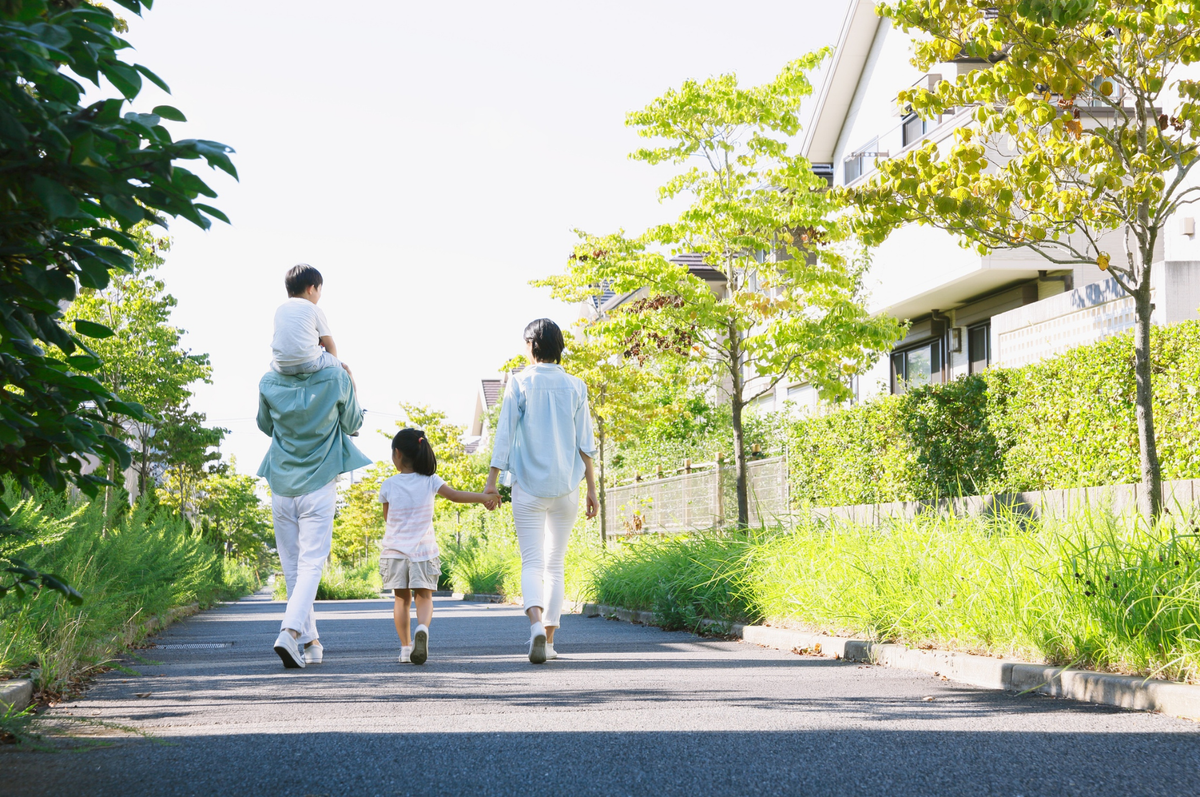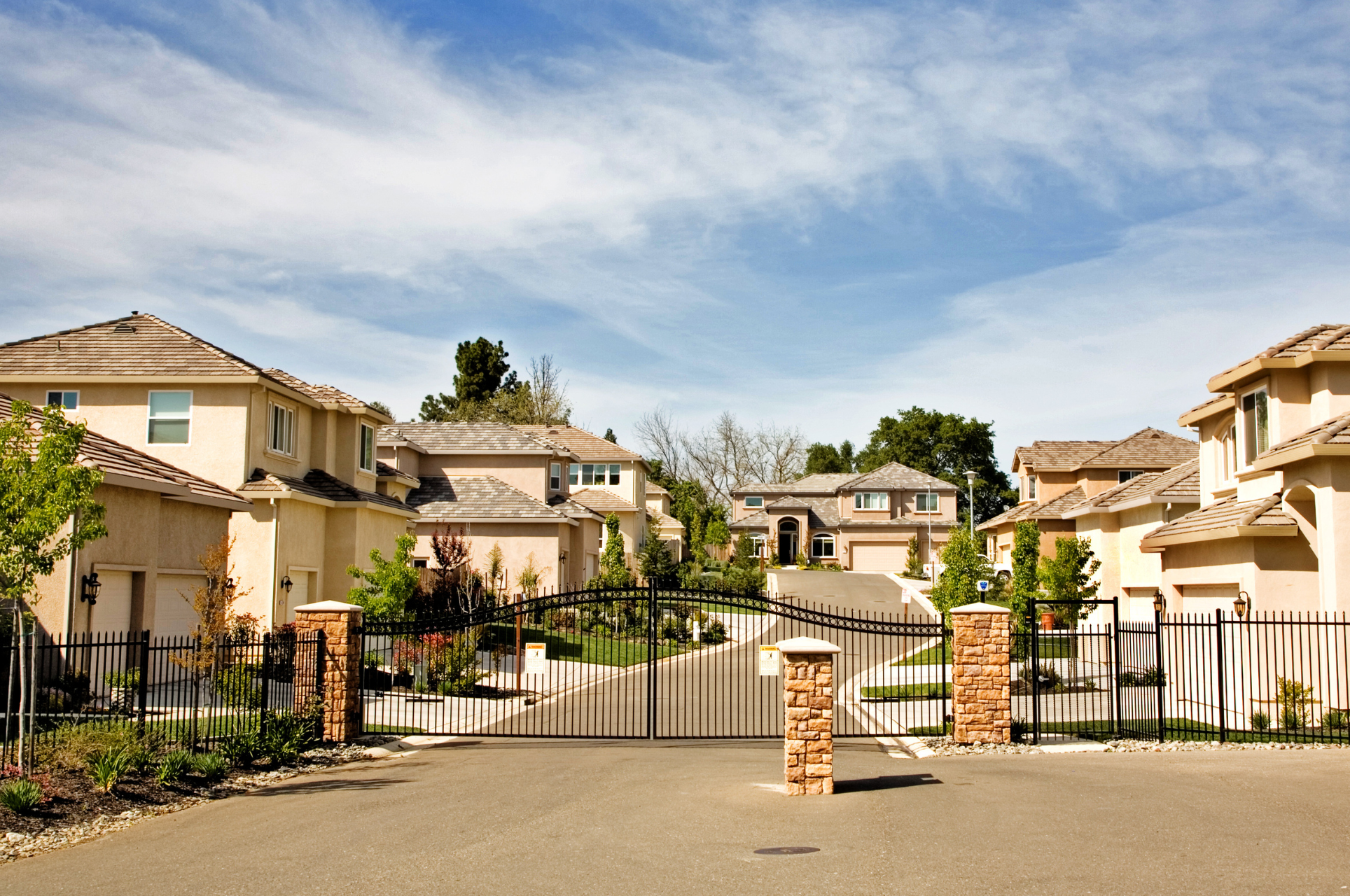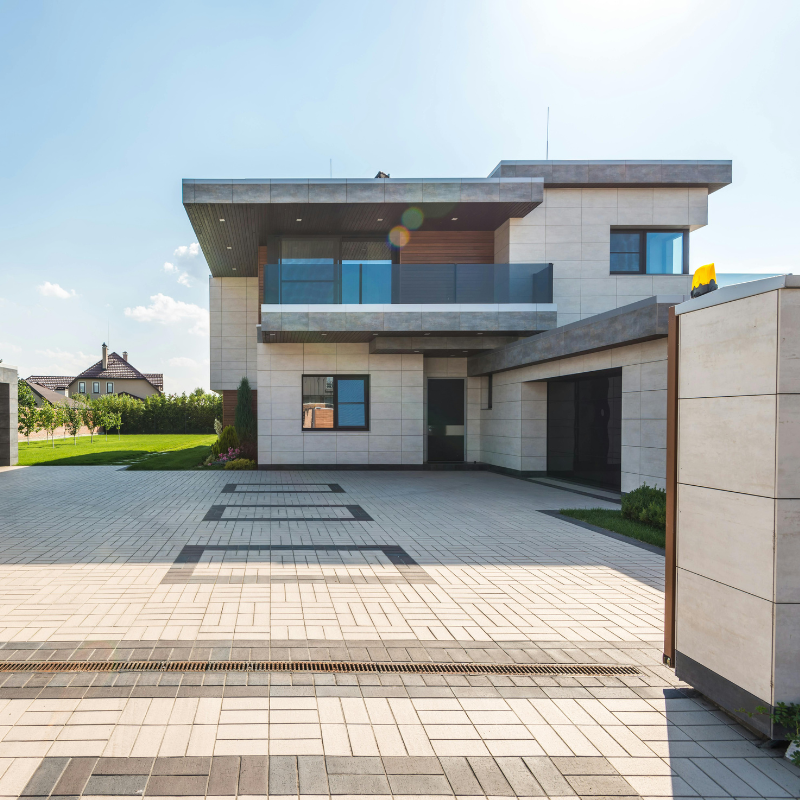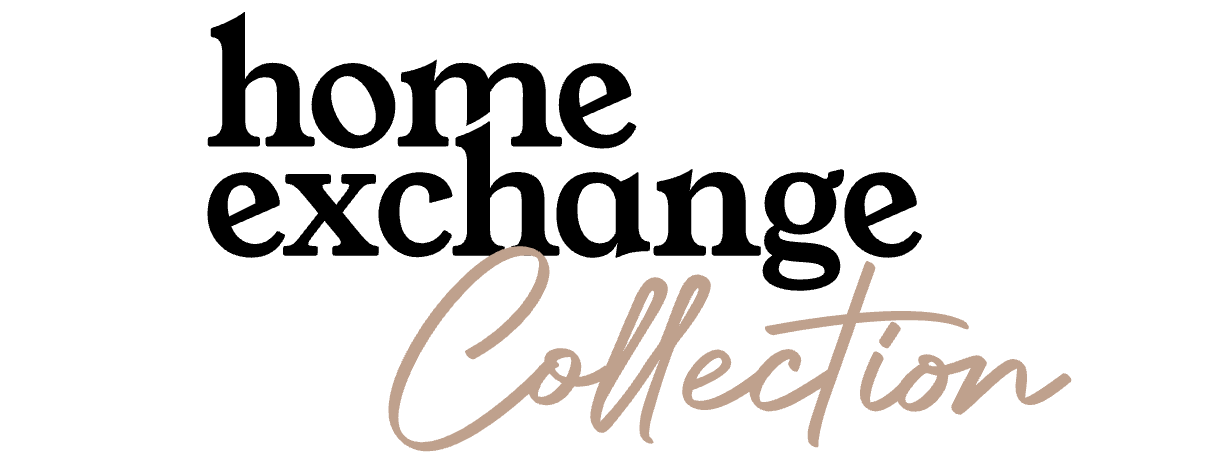Gated Communities Pros and Cons for Luxury Property Owners
Thinking about moving into a gated community? Here’s a breakdown of the pros and cons for luxury property owners, from security and amenities to HOA rules and costs.

Living in a gated community goes beyond mere security; it's about crafting a lifestyle defined by exclusivity, tranquility, and refined architecture. For luxury property owners who travel regularly, these neighborhoods offer an ideal blend of privacy, security, and prestige.
In this guide, we'll break down what a gated community is, assess the benefits and drawbacks for luxury owners, explore the different types available, discuss how Homeowners Associations (HOAs) maintain standards, and offer tips for choosing the right one.
What is a gated community?
A gated community is a residential community with restricted access, typically enclosed by walls or barriers and equipped with controlled access points.
Entry is allowed only to residents and authorized guests. Many gated communities vary in scale, ranging from small luxury clusters to sprawling estates, and often feature shared amenities and architectural uniformity, making them a desirable choice for luxury homeowners.
How do guarded and unguarded gated communities differ?
- Guarded gated community: Staffed entry with security personnel who screen residents and visitors. Often includes patrols and surveillance systems.
- Unguarded gated community: Relies on automated systems (key card, keypad, remote entry), offering convenience but potentially less oversight.
Pros of gated communities for luxury property owners

Here are some of the benefits of gated communities:
Enhanced security and peace of mind
One of the most widely recognized advantages of gated community living is the enhanced security it offers. Gated communities typically employ multiple layers of security measures, such as:
- Controlled access points and visitor logs
- Restricted access policies for only residents and approved guests
- A security guard or trained security personnel at the entrances
- Surveillance systems with strategically placed surveillance cameras
- Active monitoring of shared spaces and perimeter fencing
This infrastructure significantly reduces the risk of unauthorized entry. According to studies from the Crime and Justice Research Alliance, homes in gated communities are up to 33% less likely to be burglarized than homes in non-gated areas.
These communities are especially attractive to:
- Individuals who travel frequently
- Owners of multiple residences
- Hosts listing properties through home swaps, where community-level security services plus a trusted network give added assurance to hosts and guests
Prestige and exclusivity
A gated neighborhood address is a statement of exclusive access and status. These communities are designed to appeal to high-net-worth individuals who prioritize:
- Privacy benefits and discretion
- Architectural beauty and premium finishes
- Immaculate landscaping and grand entrances
- A private lifestyle within a calm residential setting
For many residents, the value lies as much in a secure real estate investment as in the lifestyle it affords. In fact, research by the American Real Estate Society found that homes in gated communities sell for approximately $30,000 more than similar properties in non-gated areas.
This prestige and exclusivity extend to the home exchange experience as well. Luxury homeowners who participate in home swapping find that having a property in a gated community makes their listing particularly attractive to fellow members seeking privacy, security, and elegance.
A gated address reassures potential guests that their stay will be elevated by the same refined standards of living they value.
For HomeExchange Collection members, listing a home in a guard-gated community signals to other members that the property is high-quality, private, and within a secure living environment, particularly appealing to guests seeking refined stays where community rules maintain an elevated standard.
Beyond this inherent appeal, HomeExchange Collection also takes the security of your home seriously. Members and homes undergo a rigorous vetting process, including profile verification, home assessment, ID authentication, and secure payment handling (with payments processed only after approval).
In addition, the platform offers peace of mind with up to $2,000,000 in property damage protection. These guarantees, combined with the exclusivity of gated communities, ensure that your luxury property remains both desirable and protected.
Controlled traffic and noise reduction
One of the underrated benefits of gated community homes is the dramatic reduction in traffic and noise because:
- Only residents and approved guests may enter through controlled access points
- Delivery trucks, service vehicles, and visitors are screened or logged
- Limited access reduces cut-through driving and loitering
This creates a more peaceful living environment ideal for:
- Families with children
- Retirees seeking quiet
- Professionals working from home
- Pet owners who value calmer streets
When hosting through HomeExchange Collection, many guests note that gated communities tend to offer a level of tranquility unmatched by non-gated communities, a decisive factor for travelers seeking restorative stays in high-end properties.
Resort-style amenities
Amenities that gated communities often offer go far beyond simple landscaping. In many exclusive gated neighborhoods, you’ll find:
- Swimming pools and lap pools
- Tennis courts and pickleball courts
- Fitness centers with modern equipment
- Golf courses and private golf courses
- Private parks, trails, and lake access
- Community centers with curated community events, wine tastings, and classes
- On-site spas or wellness suites in ultra-luxury developments
These exclusive amenities are typically maintained through HOA fees. Homeowners associations coordinate property maintenance for shared amenities and recreational facilities, ensuring community spaces stay pristine.
For homeowners, that means you can enjoy leisure without leaving your own neighborhood; for Home swap guests, it delivers a resort-style experience with fitness and recreation just steps away.
Stronger property value stability
From an investment perspective, gated communities provide an advantage in maintaining and enhancing property values. Contributing factors include:
- Strict HOA rules that prevent neglect and enforce design standards
- Security measures that increase neighborhood desirability
- Well-kept shared spaces and community amenities that preserve curb appeal
Cons of gated communities for luxury property owners
Gated communities are designed to offer residents a higher sense of security, exclusivity, and comfort. They can vary greatly in their setup, size, and level of control. Here are some of the downsides:
Higher costs of ownership
Living in a gated community comes with prestige and a price tag to match. Enhanced security services, high-end amenities, and meticulous property upkeep are funded through homeowners' association (HOA) fees.
These fees are generally higher than in non-gated neighborhoods, especially in ultra-secure luxury enclaves.
For example:
- Gables Estates in Miami charges around $7,500 yearly in HOA fees, plus a one-time $100,000 membership fee for new buyers.
- Exclusive developments with private golf courses, full-time concierge staff, and extensive landscaping can have monthly dues in the thousands.
While these costs help maintain security, beauty, and property value, they can be significant even for high-net-worth individuals and may influence the ROI of a luxury real estate investment.
Restrictive HOA rules
Strict HOA regulations are a double-edged sword. They preserve the uniform, high-end aesthetic of the community but also limit personal customization and property use flexibility. Common restrictions include:
- Approved exterior paint colors and materials only
- Limitations on structural renovations or expansions
- Prohibition or restrictions on short-term rentals, impacting potential listings on home swap platforms or Airbnb
- Landscaping rules requiring approved plant types and maintenance schedules
For homeowners who value creative freedom or income diversification through short-term rentals, these rules can feel overly restrictive.
Less privacy between neighbors
While gated living reduces intrusion from outsiders, close proximity to other high-end homes can sometimes mean:
- Increased visibility into your outdoor spaces
- Shared use of community facilities during peak hours
- Regular interaction with neighbors due to the small community size
If community policies allow frequent social events or large gatherings, even a quiet street can feel more public than anticipated. For those seeking a truly secluded luxury lifestyle, a remote estate might offer greater privacy.
Access and convenience challenges
Controlled entry points enhance safety but can also create minor logistical hurdles, such as:
- Guests may experience delays at security checkpoints, especially during busy periods
- Delivery and service providers must be pre-authorized, adding administrative steps
- In rare cases, emergency services could be delayed if access procedures are overly strict
While minor, these inconveniences can affect first impressions for guests during private events.
Not crime-proof
Despite advanced surveillance, staffed gates, and controlled access, gated communities are not immune to crime. Although burglary rates are typically lower in gated areas than in non-gated areas, other crimes, such as fraud, vandalism, or domestic disputes, still occur.
Security measures act as a strong deterrent, but community vigilance and personal security habits remain essential for maintaining safety.
What are the types of gated communities?
- Golf & country club communities: Centered around private golf courses, clubhouse dining, and locker rooms.
- Equestrian communities: Feature stables, trails, and riding arenas.
- Marina communities: Include private docks, water access, and boating services.
- Resort-style communities: Offer spas, fine dining, gyms, and elevated architecture.
- Eco-friendly developments: Emphasize sustainability with green building practices and serene, preserved spaces.
How Homeowners Associations (HOAs) enforce community rules

HOAs govern many aspects of living in gated neighborhoods, including:
- Upkeep of communal spaces and landscaping maintenance
- Regulating aesthetics, such as architectural harmony and appearance
- Organizing events to foster a sense of community
- Collecting fees for maintenance, services, and security
Several HomeExchange Collection hosts find HOA event schedules helpful; they can sync their turnover cleaning or guest arrivals accordingly.
Is a gated community right for you?
For many luxury property owners, a gated community offers the perfect balance of security, aesthetics, and lifestyle perks.
If you prioritize peace of mind, meticulously maintained surroundings, and exclusive amenities like private golf courses or resort-style spas, these neighborhoods can be a natural fit.
That said, the lifestyle comes with commitments. You’ll need to be comfortable with HOA oversight, annual or monthly fees, and rules that may dictate everything from exterior paint colors to how you host guests.
If you plan to list your home on a home swap platform, such as HomeExchange Collection, the benefits multiply, exclusive, well-appointed gated properties often stand out to travelers seeking privacy, elegance, and a trusted environment.
Think beyond the prestige factor. Consider whether your day-to-day lifestyle and long-term goals align with the structure, expectations, and costs of gated living.
How to choose the best gated community
When narrowing your options, approach it like you would any high-value investment, with thorough research and on-the-ground exploration. Consider the following:
- Assess your security needs: Decide whether you want manned guard gates, 24/7 surveillance, biometric entry, or smart automation.
- Define your must-have amenities: Whether it’s a luxury spa, championship golf course, private marina, fitness center, or extensive greenways, make a list of what matters most.
- Review HOA rules in detail: Ensure they align with your lifestyle. If you plan to host via a home swap platform, verify that short-term exchanges are permitted.
- Evaluate location carefully: Proximity to top-rated schools, hospitals, airports, and urban hubs can affect both livability and resale value.
- Visit at different times of day: Gauge traffic patterns, noise levels, lighting, and general activity during mornings, evenings, and weekends.
- Leverage first-hand insights: Connect with other residents in the gated community. Their experiences can reveal details not found in brochures, like the friendliness of neighbors or the responsiveness of security staff.
A gated community should do more than impress visitors; it should fit seamlessly into your lifestyle and enhance both your everyday enjoyment and your home’s long-term value.
Takeaway: Gated communities elevate luxury living and make home exchanges more desirable
Gated communities deliver elevated living for luxury homeowners through carefully curated environments, enhanced security, and amenity-rich lifestyles.
If home exchanging is part of your travel and hospitality strategy, these communities offer the ideal backdrop for prestigious listings that draw high-value guests.
Looking for a secure and stylish way to travel? Join HomeExchange Collection and get connected to a global network of beautifully maintained, gated properties.
FAQs
Below, we answer some of the most common questions luxury property owners ask about the pros and cons of gated living, so you can decide if it’s the right fit for your lifestyle.
What is the average cost of living in a luxury gated community?
Luxury gated communities vary widely in cost depending on location, amenities, and exclusivity.
- HOA fees can range from $200–$2,000+ per month in most upscale areas.
- Ultra-exclusive communities charge around $7,500 annually plus a $100,000 membership fee.
- Utilities, maintenance, and property taxes are additional considerations.
Are gated communities safer than non-gated neighborhoods?
Studies show that gated communities typically experience lower burglary rates. Controlled access, security patrols, and surveillance cameras deter opportunistic crime. However, they are not crime-proof; other crimes, such as vandalism or fraud, can still occur.
What is the process for visitors to enter a gated community?
Visitor entry varies by community security policy:
- Manned gates: Guests check in with ID and may be pre-approved by the homeowner.
- Automated gates: Access granted via code, QR pass, or mobile app.
- Escort policy: Some ultra-secure areas require residents to escort visitors from the gate to the home.
Which amenities are usually available in gated communities?
Most luxury gated neighborhoods offer:
- Resort-style pools, spas, and fitness centers
- Golf courses and tennis courts
- Private parks, marinas, or walking trails
- Community clubhouses and event spaces
Higher-end developments may include wine cellars, helipads, or private beaches.
Do gated communities have better resale value?
Research by the American Real Estate Society shows homes in gated communities often sell for $30,000+ more than comparable non-gated homes.
- Consistent property upkeep and exclusivity help retain value.
- Prime location and amenities can further boost resale potential.
What security features should I look for in a gated community?
For maximum protection and peace of mind, seek:
- 24/7 manned gates
- CCTV surveillance with perimeter coverage
- Automated access control systems
- Regular security patrols and community watch programs
How are deliveries handled in gated communities?
Common delivery protocols include:
- Packages dropped at a central concierge or security office
- Pre-approved courier access for in-home delivery
- Scheduled delivery windows to ensure security staff can verify drivers
Are gated communities primarily for wealthy people?
While many are marketed toward high-net-worth individuals, there are mid-range gated communities accessible to middle-class buyers.
Luxury developments typically feature larger lots, custom homes, and upscale amenities, which drive prices higher.
Do burglars steer clear of gated communities?
Research suggests reduced burglary risk due to controlled access and visible security presence. Still, determined criminals may attempt entry, so vigilance is important.
Are gated communities considered middle-class?
Some gated neighborhoods cater to middle-income families, particularly in suburban areas. They may offer basic amenities and lighter security compared to luxury enclaves. In contrast, elite gated communities are firmly positioned in the upper-income segment.




